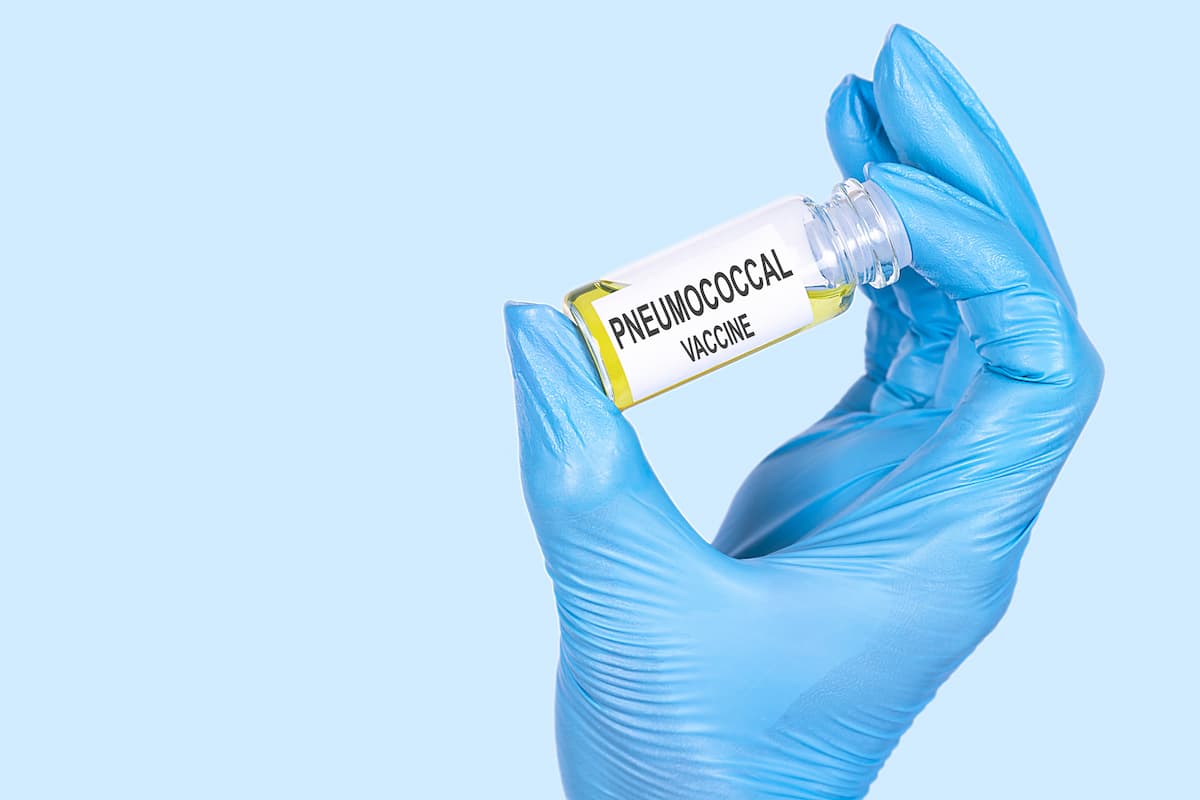Article
Declining Hepatitis C Sales
Reports show that sales and revenue from Hepatitis C treatments are declining. What does this mean for patients?
Pharmaceutical companies figured they had found the goose which laid the golden egg. In the case of Gilead, it happened to be a $29,000 egg, and it appeared anywhere from twice to six times per patient, depending upon how weeks of treatment were needed to achieve a cure for Hepatitis C. Others, like AbbVie and Merck, also created their own gooses and have enjoyed some of the revenues which curing a previously incurable disease provides.
But these golden eggs have started to slow down. The goose has by no means been slaughtered, as in the proverbial tale Aesop told, but she seems to be getting tired and the sales are showing it. In a recent report by Fierce Pharma, analyst Geoffrey Porges stated “Put simply HCV is turning out to be a ‘flash-in-the-pan’ market, just as it has been in past cycles.” The article suggests Gilead can expect revenues to drop by $2 billion to $2.5 billion per year after 2017.
As a pharmacist I don’t get heavily involved in the financial issues surrounding drug pricing. We know that drug development is expensive, and that these expenses create challenges for payers and patients alike. But when I hear of rapidly declining sales in the Hepatitis C market, I do wonder how to interpret such things and whether this is good news or bad news for consumers.
Is it good news?
On the one hand, declining sales in Hepatitis C drugs (along with the negative repercussions that pharma companies face) could be a sign that the drug has actually done its job. Many patients who eagerly wanted to be treated, some of whom had previously failed treatment with older therapies like interferon, are now disease-free and no longer have to fear the long-term consequences of this virus on their liver. This is good news for such patients, and as a pharmacist I admit this to be one of the most exciting aspects of our profession.
Not only might it be good news for patients, but managed care executives must also be experiencing a sigh of relief as the expenses associated with treating their patients for Hepatitis C will presumably decline. Our markets in health care are all connected, and declining revenue for manufacturers often means declining expenses for payers.
Is it bad news?
But on the flip side, declining revenues for drug manufacturers in the Hepatitis C markets might indicate we are simply failing to reach all of the treatable patients that are eligible for these cures. Data from the CDC tells us that as many as 2.7 to 3.9 million Americans are currently infected with Hepatitis C. Reports from as recent as 2014 tell us that nearly 20,000 deaths report Hepatitis C as the primary cause of death per year. In the light of these staggering numbers, declining Hep C revenue could indicate we are simply failing to get our message of a cure and importance of being tested to the public.
If the declining revenue is simply the result of a declining treatment cost due to competition in the market, then this bad news isn’t quite so bad. It may not be welcome news to pharma companies or their employees, but it might mean more affordable access to treatment for patients.
This decline in revenue could also be bad news if it means that payers are getting even tougher now in their prior approval guidelines, only authorizing treatment for the sickest of patients. Meaning, as stated in the Fierce Pharma report previously mentioned, that “prospective patients aren’t sick enough to persuade their insurers to cover them.”
As a pharmacist I want to see as many eligible patients treated and cured from Hepatitis C as is possible. And while the golden eggs might be getting smaller, I hope for now at least, they don’t slow down.

FDA Approves Dupilumab, Marking First Targeted Therapy in a Decade for Chronic Spontaneous Urticaria




